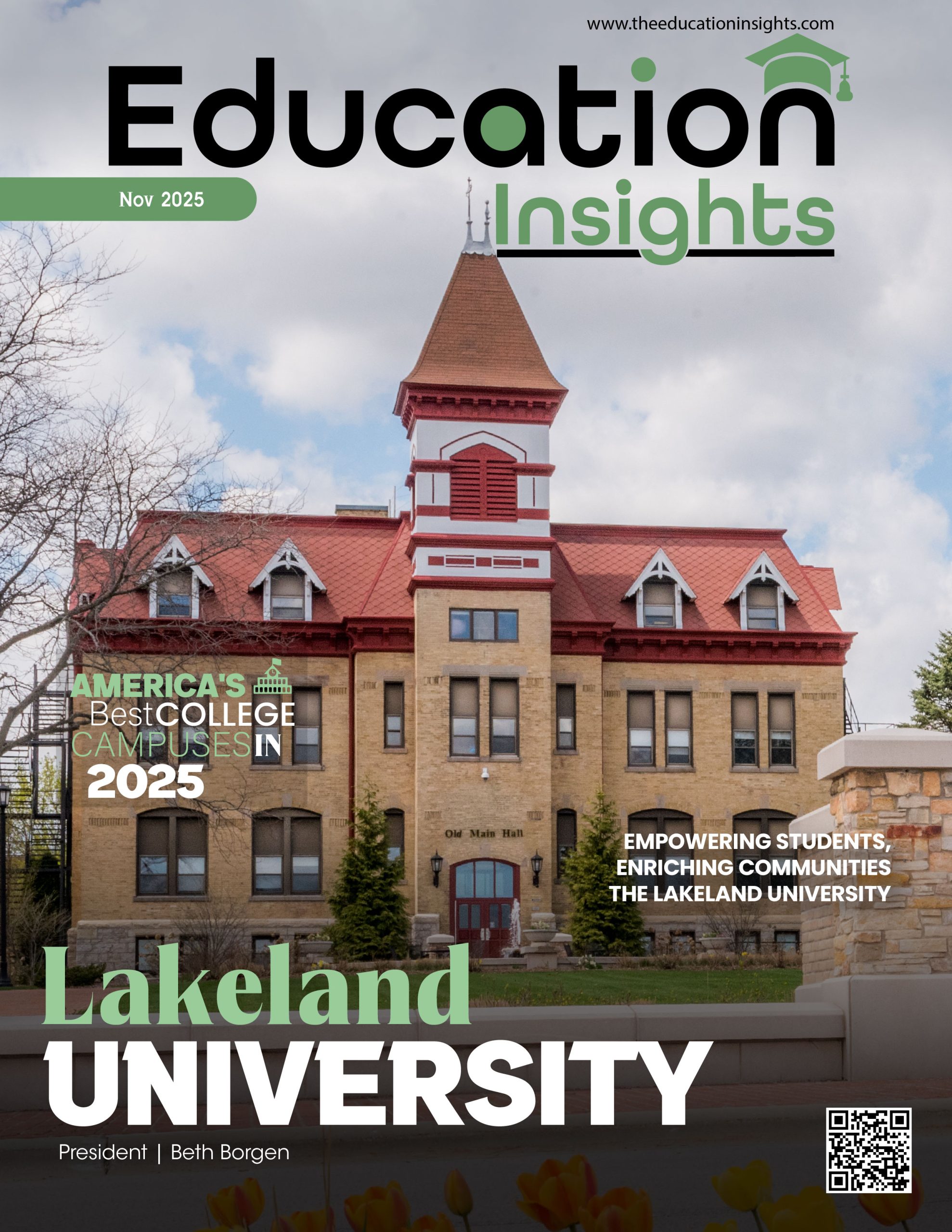Artificial Intelligence (AI) is transforming various sectors, offering significant advantages in areas like education, healthcare, and entertainment. It is crucial for students to learn how to utilize AI in a responsible and ethical manner. Although AI presents vast opportunities, its misuse can result in severe repercussions, including breaches of privacy and biased results. Below are ten important considerations for students regarding the ethical use of AI:
- Understand the Power of AI
AI serves as a potent tool, and it is essential for students to recognize its capabilities. It can process extensive datasets and make decisions that may impact real-world situations. These technologies can automate tasks, producing content, and aiding in decision-making processes. However, with such power comes a significant responsibility; students should be mindful not only of what AI can achieve but also of its inherent limitations.
- Maintain Privacy and Security
Engaging with AI frequently necessitates the management of personal data. It is essential for students to exercise caution when providing information to AI systems, particularly those that request personal or sensitive details. Always review privacy policies and remain vigilant about the data you disclose, ensuring that your personal information is safeguarded and that you comprehend its potential usage.
- Be Aware of Bias in AI
Artificial intelligence systems can adopt the biases found in their training data. For instance, studies have indicated that facial recognition technologies tend to be less precise when identifying individuals from racial minority groups. It is essential for students to critically evaluate AI tools, acknowledging the potential presence of bias that could influence results, particularly in areas like grading systems or recruitment algorithms.
- Use AI for Good, Not Harm
AI should be harnessed for the betterment of society rather than for detrimental purposes. It is essential for students to exercise caution in their use of AI, ensuring that it is applied in an ethical manner. For example, employing AI to facilitate harmful actions such as cyberbullying, academic dishonesty, or the dissemination of false information can lead to severe repercussions.
- Avoid Plagiarism
AI tools such as ChatGPT can assist students in brainstorming ideas or composing essays. Nevertheless, utilizing AI to duplicate or imitate another person’s work without appropriate credit is considered unethical. Students ought to view AI-generated content as a resource to enhance their learning experience, rather than as an easy way to bypass academic responsibilities. Engaging in plagiarism not only diminishes the value of one’s education but also fosters dishonest behavior within academic settings.
- Know the Limits of AI
AI is not without its flaws. Students should keep in mind that outputs generated by AI may not consistently be accurate, comprehensive, or suitable. When utilizing AI for research or problem-solving, it is crucial to evaluate the results critically, verify sources, and confirm facts. It is important not to depend on AI without recognizing its limitations.
- Respect Intellectual Property
While AI tools have the capability to produce music, art, or written content, their outputs frequently draw upon pre-existing works or datasets. It is essential for students to uphold intellectual property rights when utilizing AI for content generation or remixing.
- Ensure Transparency and Accountability
Transparency is essential in all AI applications. Students ought to inquire about the functioning of AI systems and the processes behind decision-making. For instance, when an AI tool is employed for grading assignments, it is crucial to comprehend the criteria the AI uses for its evaluations. In the event of an error, there should be a clear accountability for the results produced.
- Avoid Over-Reliance on AI
Although AI can be beneficial in various tasks, students should avoid depending entirely on it. Excessive reliance on AI for decision-making or activities such as writing, problem-solving, or research may impede critical thinking and creativity. Utilize AI to augment your abilities rather than substitute them.
- Stay Informed About AI Regulations
As artificial intelligence continues to advance, the associated laws and regulations are also developing. It is crucial for students to remain updated on the ethical standards, legal frameworks, and regulations governing AI. For instance, data protection legislation such as the GDPR in Europe plays a vital role in protecting individuals’ privacy.
In conclusion, AI represents a groundbreaking and transformative technology; however, with significant power comes significant responsibility. By grasping these ethical implications, students can guarantee that their use of AI is advantageous, equitable, and responsible. The ethical application of AI necessitates ongoing education, critical analysis, and a dedication to ethical conduct in a world that is progressively influenced by technology.










